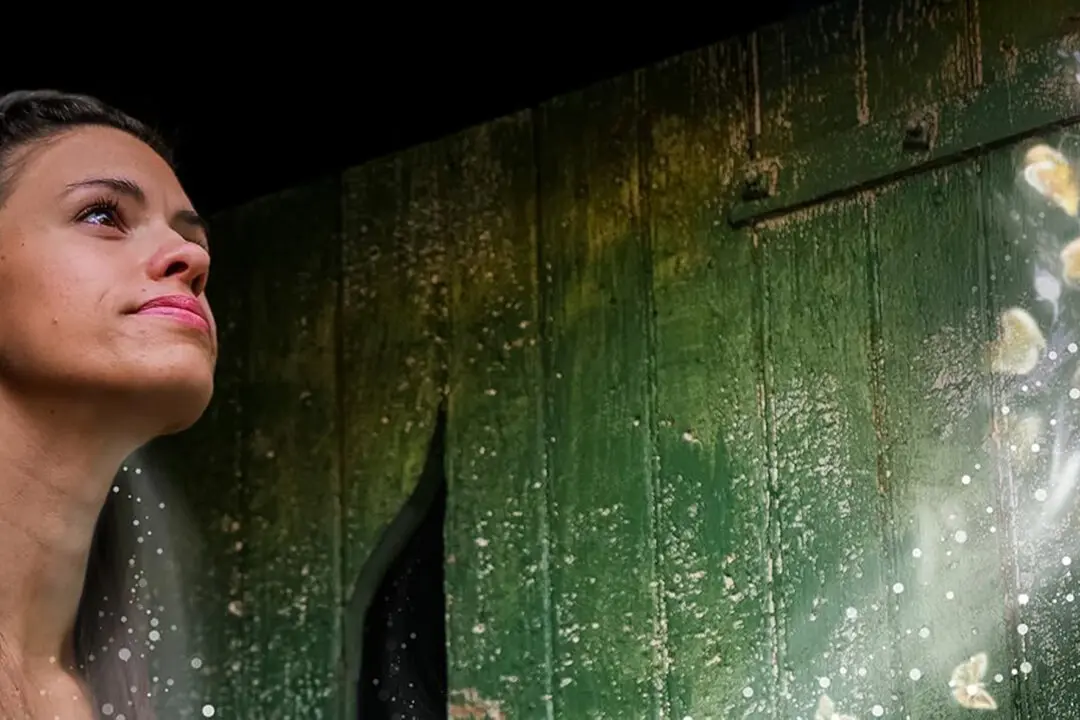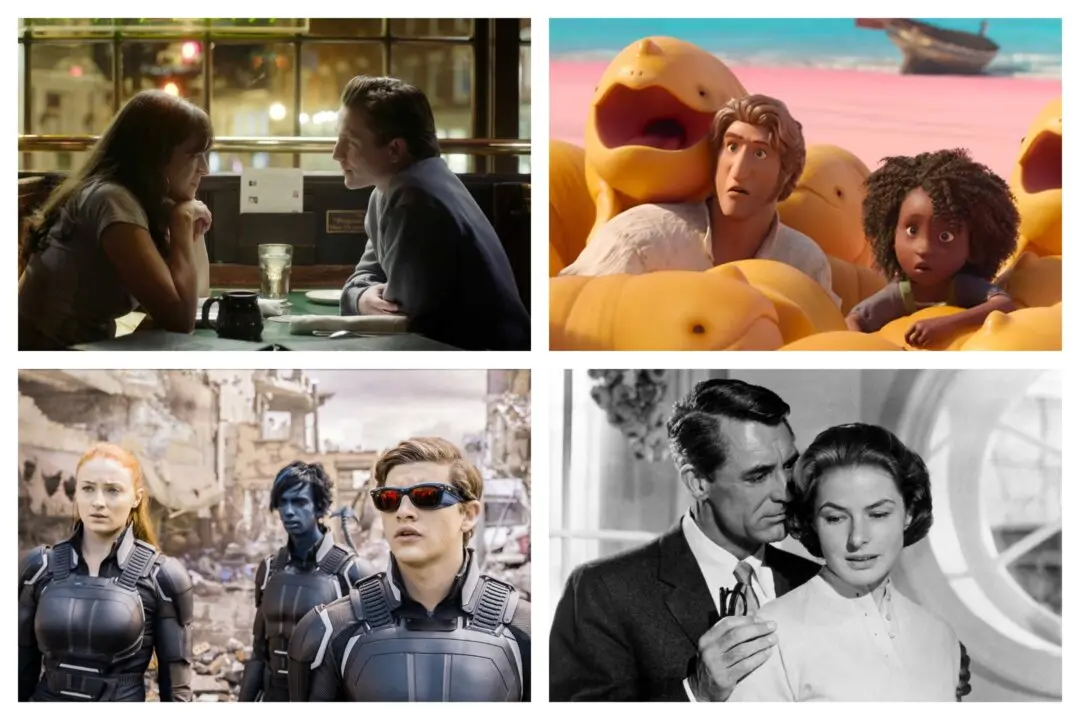1969 | PG-13 | 2h 19m | Comedy, Drama, War
World War II had reached a feverish pitch in 1943 as Axis forces continued to lose ground to the Allies. By the summer, Italian dictator Benito Mussolini had been deposed and much of Italy celebrated the removal of “Il Duce.” However serious these global events may have been, director Stanley Kramer was able to make a mostly lighthearted comedy set during that tumultuous period—a film about wine, dancing (and stumbling), and the survival of an entire village—in his 1969 film “The Secret of Santa Vittoria.”





